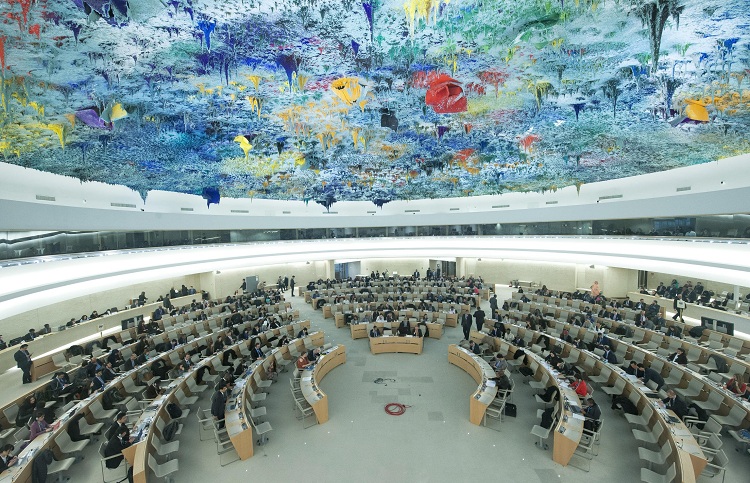The Diplomat
The 48th session of the UN Human Rights Council has established a Special Rapporteur to monitor the human rights situation in Afghanistan at the behest of the European Union and “with the active encouragement of Spain,” according to the Ministry of Foreign Affairs.
The session of the Human Rights Council, which concluded this week, prominently addressed the human rights situation in Afghanistan, which has resulted in the adoption of a resolution for the creation of the Special Rapporteurship. The initiative responds to the call made by the United Nations High Commissioner, Michelle Bachelet, in view of the seriousness of human rights violations, especially of women, human rights defenders and persons belonging to minorities. The proposal has been approved and supported by a large majority of States.
In addition, the Council also paid special attention to other countries or regions of the world where the human rights situation is of concern. According to Foreign Affairs, “Spain has intervened in the interactive dialogues on the Ethiopian region of Tigray, Venezuela, Sudan and Libya”.
Likewise, the Council addressed, “for the first time and at the request of Spain,” the human rights aspects of the Women, Peace and Security agenda. It has also addressed “several of the thematic priorities of Spanish foreign policy on human rights”, such as the death penalty, the right to safe drinking water and sanitation or gender equality, and several “new issues”, such as environmental protection and the impact of climate change on human rights. In this regard, the High Commissioner warned the Council that climate change is the greatest threat to human rights of our time, which has been reflected in the creation of a Special Rapporteur on climate change and in the recognition of the right to a clean, healthy and sustainable environment.
In the margins of this session, Spain organized a side event to highlight Spain’s work in favor of the human rights of indigenous peoples. The event was attended by the Director of Cooperation with Latin America and the Caribbean of the Spanish Agency for Development Cooperation (AECID), Laura Oroz; the UN Special Rapporteur on the Rights of Indigenous Peoples, Francisco Cali Tzay; an expert from the Expert Mechanism on the Rights of Indigenous Peoples (EMRIP) and the Youth Coordinator of the Fund for the Development of Indigenous Peoples of Latin America and the Caribbean (FILAC), as well as indigenous representatives from Colombia and Panama.






